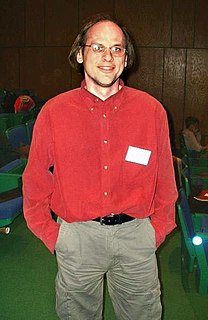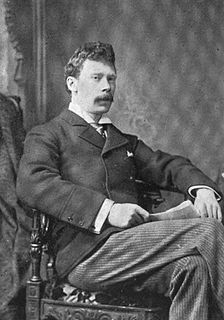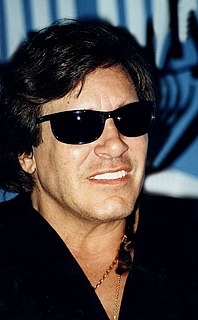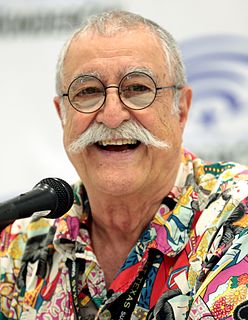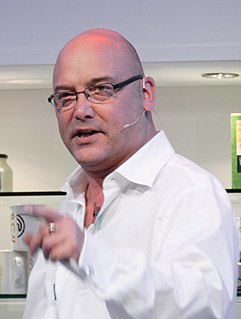A Quote by Alfred North Whitehead
Mathematics as a science, commenced when first someone, probably a Greek, proved propositions about "any" things or about "some" things, without specifications of definite particular things.
Related Quotes
Remember, science fiction's always been the kind of first level alert to think about things to come. It's easier for an audience to take warnings from sci-fi without feeling that we're preaching to them. Every science fiction movie I have ever seen, any one that's worth its weight in celluloid, warns us about things that ultimately come true.
Mathematics can have its problems, but it's actually hasn't seen a lot of the problems as some of the other sciences and so much of it in what people are doing is completely useless. Nobody kind of in really cares very much. You don't really have kind of right and left and people in ideology coming in because there isn't any. It just doesn't actually connect up to the kinds of things that people ideologically worry about. So most of mathematics just doesn't tell you anything one way or another about global warming or about healthcare or about any number of things that you might care about.
There are some things about myself I can’t explain to anyone. There are some things I don’t understand at all. I can’t tell what I think about things or what I’m after. I don’t know what my strengths are or what I’m supposed to do about them. But if I start thinking about these things in too much detail the whole thing gets scary. And if I get scared I can only think about myself. I become really self-centered, and without meaning to, I hurt people. So I’m not such a wonderful human being.
There are different interpretations of the problem of universals. I understand it as the problem of giving the truthmakers of propositions to the effect that a certain particular is such and such, e.g. propositions like 'this rose is red'. Others have interpreted it as a problem about the ontological commitments of such propositions or a problem about what those propositions mean.
Science only means knowledge; and for [Greek] ancients it did only mean knowledge. Thus the favorite science of the Greeks was Astronomy, because it was as abstract as Algebra. ... We may say that the great Greek ideal was to have no use for useful things. The Slave was he who learned useful things; the Freeman was he who learned useless things. This still remains the ideal of many noble men of science, in the sense they do desire truth as the great Greeks desired it; and their attitude is an external protest against vulgarity of utilitarianism.
Knowledge signifies things known. Where there are no things known, there is no knowledge. Where there are no things to be known, there can be no knowledge. We have observed that every science, that is, every branch of knowledge, is compounded of certain facts, of which our sensations furnish the evidence. Where no such evidence is supplied, we are without data; we are without first premises; and when, without these, we attempt to build up a science, we do as those who raise edifices without foundations. And what do such builders construct? Castles in the air.
If I see that something is wrong, I don't care who says it. Whether it's a Republican or Democrat, the left or the right. If they are on the opinion of the right thing, that's what I will talk about. I won't proselytize or make the strong things to influence other people about any particular politics, except the decency of things, the logic of things. That's why I don't get that much involved in politics directly.



